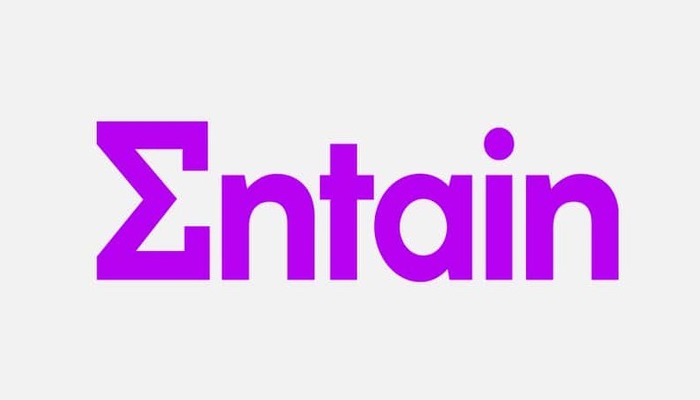
Japan’s Sports Betting Scene: What Operators Should Be Aware Of
Cultural Background
Understanding the Japanese sports culture and how people interact with their favorite teams and sports is essential to understanding what a controlled market in Japan may resemble. Like every other nation on the earth, Japan is a sports fanatic. People who participate in it play, watch, and even wager on it. Baseball is the most preferred sport they can play. Baseball was played by over 88% of men growing up, so they are familiar with every aspect of the sport. Even if the same percentage of women didn’t play the sport growing up, they nevertheless have a lot of information about it.
Given the rising popularity of football in the nation and the continued success of the Japanese national team at major competitions like the FIFA World Cup, it’s not only baseball either. Football has gained enormous popularity in Japan, and more women are interested in football than in baseball. Rugby, basketball, tennis, and American football are further popular sports.
But despite Japan’s national, iconic sporting traditions, these imported sports are very popular there. No one can ever live in Japan without learning about sumo wrestling because it is the country’s national sport. With their friends, parents, and grandparents, Japanese people watch these sports events as children. It’s important to note that every sporting organization in Japan is subject to regulation by a governing body. Because of this, amateur sports like high school baseball are also well-liked. Baseball competitions between high schools are among the most important occasions in Japan.
Teams from all across the country gather to compete for the “flag of the champion” in these spring and summer races. Scouts from top professional, business, and collegiate organizations attend these competitions in quest of the next great thing. Naturally, the media reports on this, making it a crucial occasion on sports lovers’ calendars. The National High School Baseball Tournament, in particular, receives widespread coverage, much like college football in the US.
Because of this, amateur sports like high school baseball are also well-liked. Baseball competitions for high schools rank among the most important occasions in Japan.
Regulation
Despite the fact that baseball and football are popular among Japanese fans, sports betting is not currently governed in Japan. In actuality, single-engine boat racing, motorcycling on tracks, horseracing, and cycling are the only sports that are controlled. Despite the popularity of other sports, sports betting is now only regulated for five sports, which may seem unusual given the popularity of other sports. Odds on these sports are publicly accessible, and Japanese legislators have not yet approved the launch of sports betting on other, more well-known sports.
Stronger Movement
What does the existing framework of sports betting laws in the Japanese market look like on a larger scale, and will there ever be wider laws governing other sports? For many years, study groups on how to expand their monopoly to well-liked sports have been being conducted by the Ministry of Economy, Trade and Industry (METI) and the Japan Sports Agency.
At the end of 2022, the METI and Japan Sports Agency jointly produced a 98-page research that makes the case for the impending widespread adoption of sports betting. But first, Japan needs to regulate each sport’s governing body to work together, share, and stay in the same lane; in terms of regulatory conditions, it needs to provide the appropriate infrastructure.
A quarter of the markets are devoted to NFTs and sports tokens, according to studies on how the US, UK, and EU are methodically controlling the economic environment of sports betting.
Thus, the use of blockchain and cryptocurrency is expanding. The use of data streaming technologies by owners is another current concern that is becoming more prominent. Many new technologies have been developed to cover the gap left by data streaming technology, and someone will most likely find a way to close the gap using technology. However, none of this will be successful unless you have compelling narratives that people would want to follow.
The Japanese market has immense potential, but it won’t grow unless businesses can use local expertise and are prepared to adapt.
Distinctions by Culture
The success of any operators who may one day enter the market will depend heavily on their ability to comprehend how Japanese people appreciate sports. Similar to every other territory in the world, if you want to access its resources, you need to be aware of its cultural variances, especially when it comes to large, established marketplaces. The difficulty in Japan is not identifying the most well-liked sports, but rather figuring out how to satisfy fans’ desire for a compelling story. The Japanese market has immense potential, but it won’t grow unless businesses can use local expertise and are prepared to adapt. The biggest hurdle for operators will be developing a sportsbook that is compatible with the style of drama that Japanese consumers enjoy.
Narratives of Marketing
In a market like Japan, sports betting will always be the market leader. More opportunities and possibilities to develop original stories will become obvious as a result of the wide variety of sports entertainment that is now available. The majority of Japanese people adore stories. Users must feel as though they are actively engaged in the context of the sporting event they are betting on. For any operator that might eventually want to enter the Japanese market, this is a significant area of concentration.
Other Interesting Articles
 Philippines Detects 3 More Cases of Omicron Subvariant Arcturus; Total Now 4
Philippines Detects 3 More Cases of Omicron Subvariant Arcturus; Total Now 4May 16, 2023











